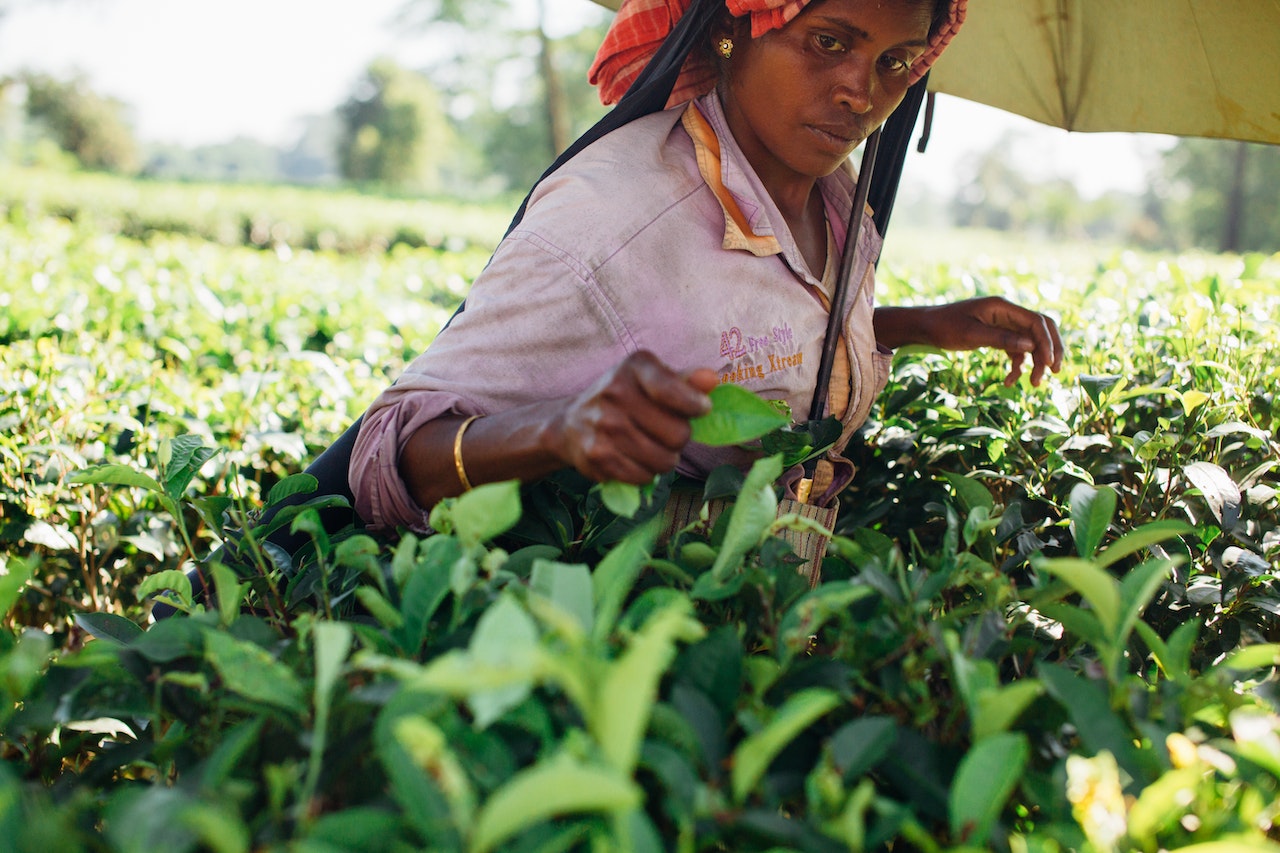Since rural areas can definitely be a great development opportunity, the Responsible Tourism Mission in Madhya Pradesh (RTMMP) created eleven projects: Homestays, Responsible Souvenirs, Clean Destinations, Accessibility, Rural Tourism, Skill development, Astronomy tourism, Safe tourism destinations for women, Tribes Tourism, and Solar energy. Always rebuilding tourist sites with the lens of accessibility.
The result, up to now, is a network of tens of accomodations, 50 tour operators, 76 guides, across six cultural zones, 41 must see spots, located along 23 suggested itineraries, plus an catalogue of 182 beautiful crafts and the not-to-miss rural experiences in Khokara, Ladpura Khas, Madla, Thadipathar, a “barrier-free public places” campaign and reorganisation in at least 30 destinations.
How to operate a complex mechanism of so many projects?
The aim of Madhya Pradesh Tourism Board is: “to support the communities as the real owners and promoters of responsible tourism, raising travelers’ awareness to contribute to the livelihoods of the local community. The mission and the values -community driven and community led- expand into more fields”. In fact, according to Amit Singh, advisor at MPTB: “rural tourism must be the catalyst of everything a region can produce. In our case around the two main targets of empowering rural tourism and women, we included developing capacity building, participation, empowerment, protecting eco-sensitive regions, development of skills, entrepreneurship, certification, training of stakeholders and partners”.
Making better places for people to live in and better places for people to visit
The mission of the innovative award winning Project Humsafar, one of the Madhya Pradesh most innovative plans, starts from the Cape Town Declaration. Here, the Tourism Board and Arushi, developed accessibility checks at 30 tourist sites. Then they carried out capacity-building programmes of stakeholders, a training program hotels staff, boatmen, local guides, archaeology staff, shopkeepers. And then they built accessible ways, braille menus and information plaques in historical sites, improving recommendations.
Not only they visited, measured and experienced directly with people with disabilities the different tourist facilities. They also listed one-by-one all the changes to be made, in places such as Orchha, Pujari, Gauhar Mahal, Bhopal Haat, Sanchi, Sirpur, Sarnath. Finally, they listed and spread, in posters and media campaigns, all the actions to implement, from the measures to be used in parkings, to switch position, to notice boards. It must be highlighted the Inclusive Education at the Gudbhela School that includes all the solutions for children with disabilities, what can be managed by them, and how to use computers with speech screen readers and much more.
What’s new for women travelers and women entrepreneurs?
The “Safe tourism destinations for women Initiative” is one of the project’s core (and has the potential to become a model for other countries) in order to provide a safe, secure women-friendly environment in and around tourist destinations; to enhance women's confidence to visit destinations without any fear for their safety; and to create women-friendly spaces. Now you can meet women shopkeepers, guides, naturalists, artists, taxi drivers, and guides in the forest that used to be their tribal home. They welcome you in souvenirs workshops, knocking door-to-door in order to spread the idea of “making India a leading circular economy where nothing is waste”. But, above all, host communities and visitors will feel safe, thanks to the women that have been trained to work as security guards against harassment, in schools, hotels, shops, associations.
Article written by Iaia Pedemonte, coordinator of the ISTO Working Group in Gender Equality, Diversity and Inclusion.
